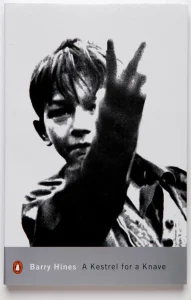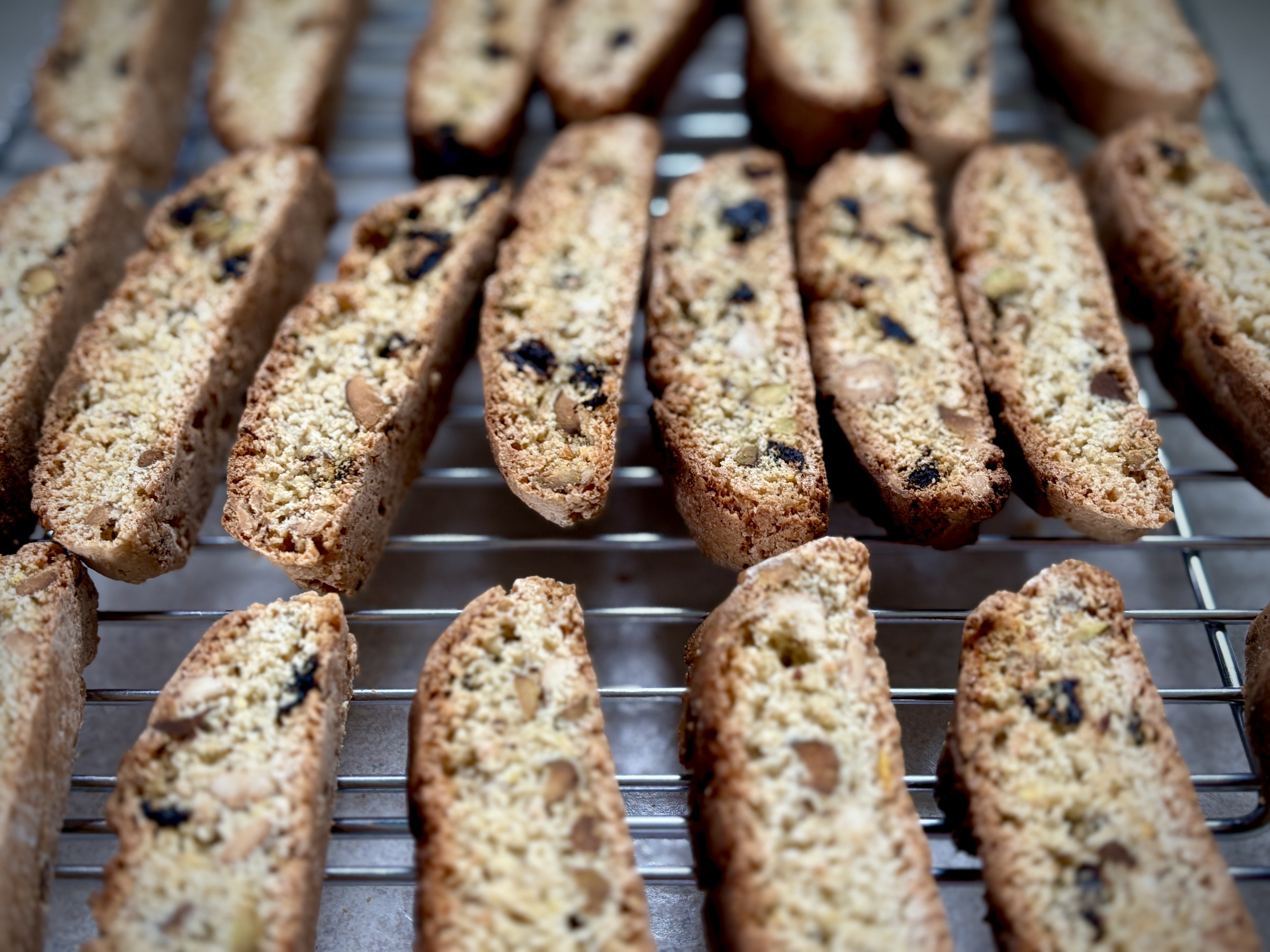
Kes
Growing up in the 60s and early 70s, on a working class estate on the south edge of Edinburgh that was gradually being abandoned, where all the traditional industries that sustained the community had disappeared, it was difficult to see myself in the children’s fiction of the era.
I eventually found Kes but that was way too near the bone by the time I read it. I wanted the lifestyle that was fostered onto the working class by the slew of middle-class fiction out there. Swallows and Amazons, Secret Seven, Secret Garden, all those lovely little comfortable adventures that the middle class could have. The ones where there is slight peril/adventure but everyone is home in time for tea and there would actually be food on the table.
There was nothing representing the crushing poverty, violence and ignorance of my actual daily life, where was the glue-sniffing, where was the stealing to eat, where was the regular after pub hours brawls, the sectarian football murders, where was the wondering if you are going to get new underwear and socks this year, you know, all the fun things in life.
There was none of that, it was never acknowledged by anyone that we lived shit lives and our children and so on would probably continue living those shit lives as there was no way out that we knew of or were ever told about.
This was all exacerbated by an education system that didn’t value us or see any prospect for us either and aimed at getting us through the system with a rigid minimum of qualifications/education, enough to shoot a gun, take a bullet or jockey a till. Teachers at the end of their teaching career and extremely jaded or so bad that the only posts they could get were in sink estate schools were our inspiration.
I was fortunate in that I had my Nan, she encouraged me to read and read widely always saying, ‘No matter what else they take away they can never take that from you.’, unfortunately I never really understood this until I was much older and working with children myself. I also had a wonderful primary teacher, Miss Lawson, who again encouraged my love of reading and writing, letting me have my head and pushing more difficult books on me when I looked comfortable for them.
There were also the wonderful library services in the town, both locally and in the centre. Always helpful and friendly, encouraging and a place to feel safe for a few hours a day.
Even though I had these wonderful champions of reading in my life, by the age of nine I had rejected children’s literature in favour of horror, science fiction and fantasy, they gave me places where I could go to escape the harsh realities of the life around me or revel in the violence of other worlds.
There was no way that using and producing words was seen or encouraged as a way of making a living, or even as a way of expressing thoughts and feelings, never mind developing them as an art form.
Mining, brewing, army, or prison were the best the careers officer could offer (and the first two had been reduced to such a perilous state that they were a non-starter), boy soldier or drug dealer was the traditional route to making a living.
No thoughts of further (never mind higher) education were put forward by school or parents who had accepted their lot in life, unless you were a girl of course and wanted to be a hairdresser or beautician.
Like every other group good representation is desperately needed to encourage people to believe that they have and are of value. Representation of the working class in children’s literature is better now than it has ever been but more still has to be done to get more positive messages out there, and with the massive cuts education has seen over the last decade (and before) this is hard but hopefully not impossible.
I finally feel positive about stating I’m working class and that is where I came from, but it has taken 38 years to get there.
[updated 07/11/2024]










